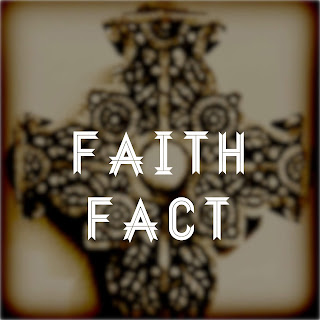At the end of the Nicene Creed in the Prayer Book, there's a section that says that the Holy Spirit "proceeds from the Father and the Son." In fancy theological terms, this section is called the filioque, which is Latin for "and the Son".
You might not think just one short phrase would cause a lot of controversy, but it did. The filioque caused a stir because "and the Son" was not in the original agreed upon Greek for the Nicene Creed. Originally, the Creed just said that the Holy Spirit "proceeds from the Father". Those in the Western Church decided when they got home to add "and the Son" to that phrase, which frustrated the Eastern Church to no ends.
The good news is that in ecumenical dialogues, we have agreed not to add the filioque to the Creed in ecumenical services. This puts us closer to the original Nicene Creed text, and, more importantly, it brings us closer to our fellow siblings in Christ.
Does that mean the filioque in it of itself is bad though? Not at all. We see the Holy Spirit proceeding from the Father in the Tanakh, but we also see the Spirit proceed from Jesus in the New Testament as well. There is a Scriptural argument for the filioque.
But again, coming together as Christians is of vital importance. After all, Jesus didn't want us to be divided, but for us to "all be one" just as He and the Father are one (John 17:21).
